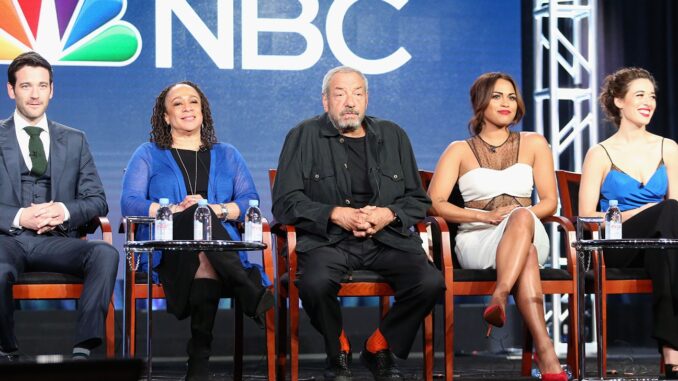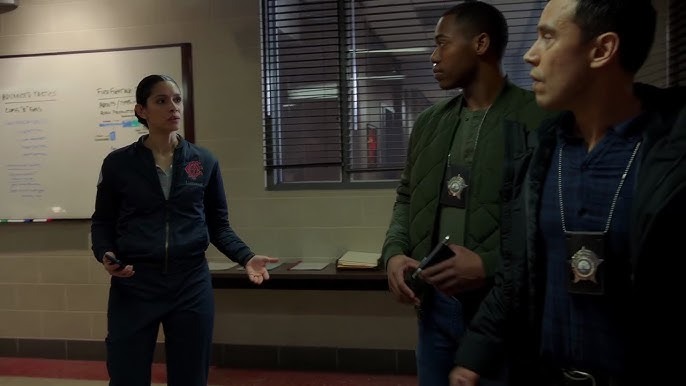
Dick Wolf, the mastermind behind iconic TV franchises like Law & Order, also created the One Chicago universe. Starting with Chicago Fire, Wolf expanded the series to include Chicago P.D. and Chicago Med, creating a connected world where characters often appear in each other’s shows. The One Chicago series even links back to Law & Order: SVU, with characters like Ben Stone crossing over.
While One Chicago has captivated fans, the Chicago Fire fandom has gained a reputation for being one of the most intense and, at times, divisive in the franchise. This passionate following brings both dedication and controversy, particularly around how fans respond to character arcs and decisions made by the show’s writers and producers.
The Divide Within the Chicago Fire Fanbase
The intensity of the Chicago Fire fanbase has become a double-edged sword. While dedicated fans ensure the show’s consistent popularity, they can also be quick to react to storyline changes. On Reddit, one user argued that Chicago Fire has the most “toxic” fandom in the One Chicago universe. “I’m talking about the fandom in general, not every single individual, but the negativity is off the charts,” they wrote. This user noted that while fans of other shows may laugh off small mistakes or repetitive tropes, Chicago Fire fans often treat these as personal offenses, sometimes directing frustration at the cast and crew.
In one example, a Chicago Fire actress reportedly received death threats after a storyline some fans disliked. The level of intensity can go beyond frustration, with fans meticulously critiquing the smallest details and engaging in heated online debates over plot choices. Some fans feel so personally invested that they take issue with decisions about which characters stay or go—even though actors leaving is a common reality of TV production.

Why Fans Take Chicago Fire So Personally
Part of what fuels this intensity is the show’s emphasis on high-stakes drama and strong character connections, which can make viewers deeply attached to specific relationships and story arcs. Characters’ fates, romantic pairings, and plot twists can leave fans feeling like they have a stake in the direction of the series. For instance, actor Charlie Barnett, who played firefighter Peter Mills, was written off because the producers felt his character’s storyline had reached a natural endpoint. This decision upset fans who had become invested in Mills, leading to a wave of frustration aimed at the show’s creative team.
Such decisions about character exits, romantic pairings, or even minor plot details are often met with strong opinions from Chicago Fire fans. And while this passion can be energizing, it has also created divisions within the fanbase itself, with some fans defending the show’s direction while others criticize it openly.
Is the Intensity a Sign of Fandom Loyalty or Something More?
The passionate Chicago Fire fanbase is a testament to the show’s ability to resonate deeply with viewers. However, this intensity sometimes raises questions about how much attachment to a fictional world is healthy. Some fans argue that while criticism and engagement are natural, directing animosity at actors or writers crosses a line. As the Reddit user advised, it might be best to remember that Chicago Fire—like all TV—exists for entertainment. And for those who feel strongly about the show’s direction, the world of storytelling remains open. Perhaps the next Dick Wolf could be among these passionate fans, ready to tell stories of their own.